Pro musicians, students, teachers and fans came together at the World Famous Apollo Theater on Thursday night, February 12, to celebrate a new education initiative based on the award-winning documentary feature film, Take Me To The River.
The brainchild of Director/Producer Martin Shore, the film chronicles a project that spans generations, races and genders to create a new music collaboration centered around the Memphis music scene. And the event Thursday night did the same.
Emceed by Director/Producer Martin Shore, and producer and musician Lawrence “Boo” Mitchell, the evening brought its cross-generational theme to life with a fresh spin on timeless songs performed by classic Memphis artists like William Bell; Bobby Rush; Otis Clay; and Stephanie Bolton paired with young hip-hop and rap artists including Frayser Boy, Al Kapone, Tori WhoDat; and more.
The evening began with remarks from Berklee College of Music President, Roger H. Brown. Berklee City Music has partnered with the film to bring educational materials based on the film.
“Our collaboration with Take Me To The River and these legendary musicians has enabled us to bring history to life for our Berklee City Music students in terms that they not only understand but celebrate. We are excited about this partnership and the opportunities it will continue to bring to students across the nation through our PULSE® program and our friends from Take Me To The River,” Brown shared.
Highlights of the event include the opening act Music With A Message, a student band from Berklee City Music Network (BCMN) partner Renaissance Youth Center, who got the evening off to a rocking start with fresh instrumentals and vocals. They were followed by alumni band from BCMN partner STAX Music Academy, the Bromfield Trio, made up of a three-piece outfit that easily filled the room with its solid rhythm section and expert vocals.
Then the evening took a turn into a classic era with a twist. Longtime background and feature singer Stephanie Bolton so smoothly delivered hits “I Can’t Stand the Rain,” and “Tired of Being Alone” with a fantastically energetic pairing on the latter by rapper Tori WhoDat. WhoDat’s rap break brought a fresh spin to the song and introduced the evening of collaborations.
Hip-hop artist Al Kapone got the crowd of students and fans on their feet with his delivery of “Brand New Jewelry,” and “The Music.” And then the legendary Otis Clay took the stage. Announcing that he was now 82 years old, this master performer delivered the song “Precious, Precious” with a soulful energy, and then shared the stage with young rapper Uriah Mitchell for an outstanding version of the classic, “Trying to Live My Life Without You,” complete with clever rap break.
Bobby Rush then captivated the audience with his duet with Academy Award-winning rap artist, Frayser Boy. The two performed an updated version of “Push and Pull.” Then Rush stole the show with a solo harmonica and vocal rendition of an hysterical “Hoochi Coochi Man.”
Next William Bell took center stage and sang a velvety vocal version of “Knock on Wood” followed by the classic “I Forgot to Be Your Lover,” complete with rap break by a returning Al Kapone.
The cherry on top of this festive evening came with the closing performance. A wonderful world premiere arrangement by George Russell, Jr. and Renese King of the classic song “Wish I Had Answered,” was commissioned by Berklee College of Music to share with the world through the Take Me To The River Education Initiative. It was performed by the fabulous Music Unites Pepsi PS 153 Chorus and the Music Unites Youth Choir with directors Arielle Hyatt and Charlie Adams, plus one of the arrangers, Renese King, who got the crowd on its feet and singing along.
The Take Me To The River Education Initiative, which has been piloted in New York City public schools, was developed in conjunction with the Berklee City Music program, a nonprofit education program from Berklee College of Music that enables youth from underserved communities to develop musically, academically, socially and emotionally, primarily through the study of contemporary music.
The initiative helps students:
- Make cross-curricular connections in music, the arts, history, social studies, civics, and media and studies, specifically as it relates to the Civil Rights movement.
- Develop skills in music analysis and creativity, music performance and composition, critical thinking, communication, and political analysis.
- Accommodate a variety of learning styles.
- Engage in inquiry-based and experiential learning.
With this guide, students will learn the significance of inter-generational and inter-racial collaboration, the historical context of the Memphis music scene in its heyday and today, and the ways in which individuals make an impact on music, culture and history.
For more information and to download the curriculum free of charge, visit tmttreducation.com.

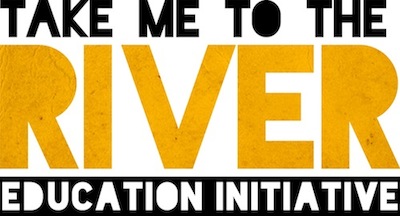
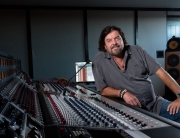





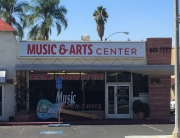



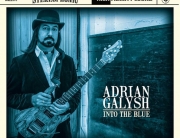







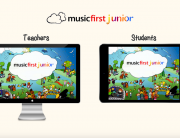



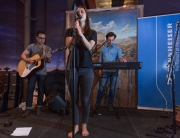
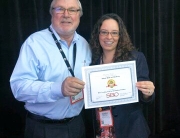



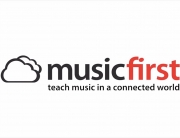


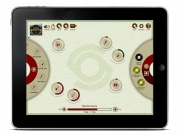
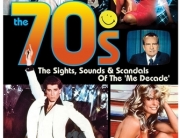
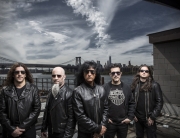




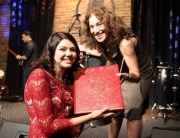



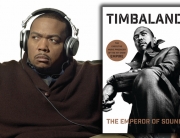
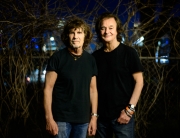



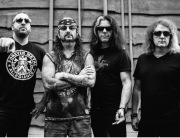







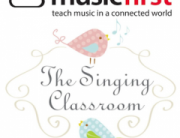
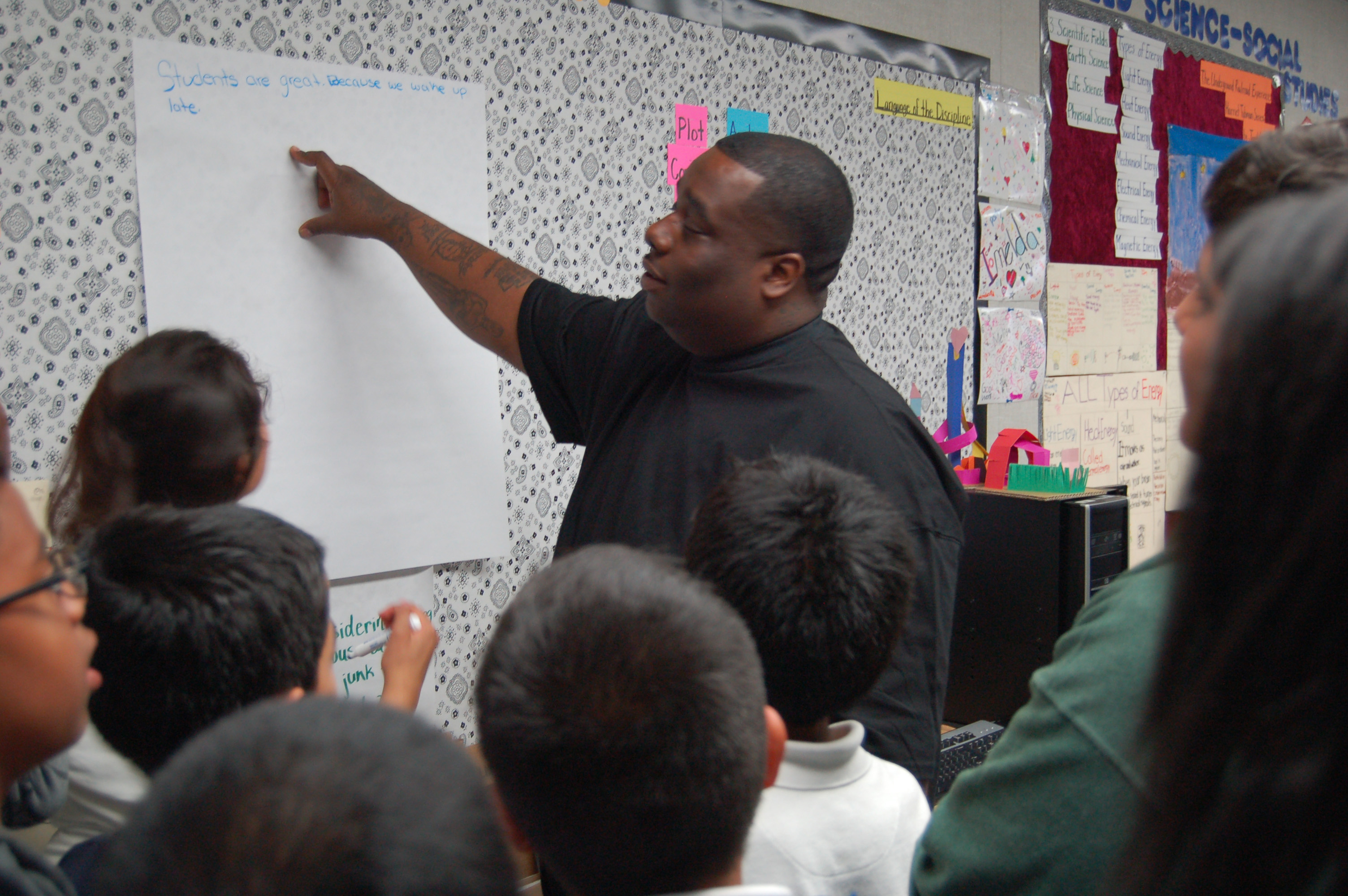

















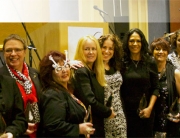

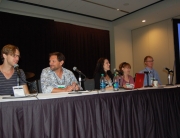


Recent Comments